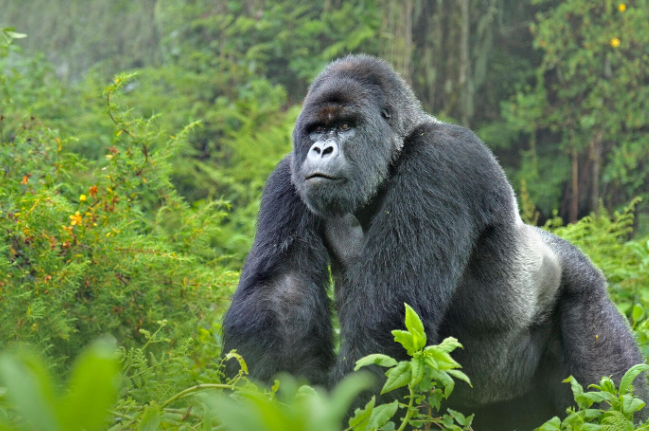The Importance of Gorillas in Forest Ecosystems
Gorillas are often seen as gentle giants of the forest, but their role in maintaining healthy ecosystems is profound and essential. This blog post delves into the importance of gorillas in forest habitats, illustrating why their conservation is vital not just for their species, but for the entire ecosystem.
Understanding Their Role in Biodiversity
Gorillas play a key role in promoting biodiversity in their habitats. As herbivores, they consume a variety of plants, including leaves, fruits, and stems. This feeding behavior helps control plant growth and facilitates the dispersal of seeds. By eating fruit and excreting seeds in different locations, gorillas aid in the growth of new plants, contributing to the diversity of plant species in the forest. This biodiversity, in turn, supports various animal species, creating a rich interdependent ecosystem.
Impact on Forest Regeneration
Beyond maintaining biodiversity, gorillas significantly affect forest regeneration. As they roam their territories, they create clearings in dense vegetation, allowing sunlight to reach the forest floor. These clearings encourage the growth of young plants, fostering a healthy environment for new trees to thrive. Furthermore, their movements through the forest help to aerate the soil, enhancing its ability to retain water and nutrients. This natural process of regeneration is crucial for sustaining forest health and resilience against climate change and human encroachment.
Cultural Significance and Conservation Efforts
Gorillas hold immense cultural significance in many communities, symbolizing strength and harmony with nature. Their existence is not just vital for ecological reasons; it also impacts local cultures and economies. Ecotourism centered around gorilla watching provides financial resources for conservation efforts, ensuring that both gorillas and their habitats are protected. By fostering a sense of appreciation and responsibility for gorillas, conservation programs encourage communities to engage in sustainable practices that benefit both wildlife and human populations.
In conclusion, gorillas are not merely fascinating creatures but are vital to the health of forest ecosystems. Their role in maintaining biodiversity, promoting forest regeneration, and impacting cultural contexts highlights the interconnectedness of all living things. To further understand the importance of gorillas, consider supporting conservation efforts or learning more about their habitat and behaviors. Let’s celebrate and protect these incredible animals for future generations!

